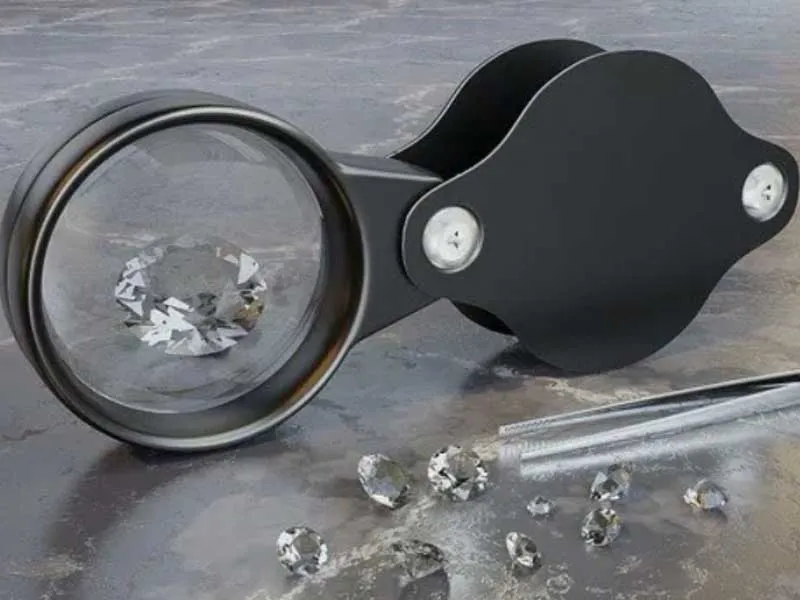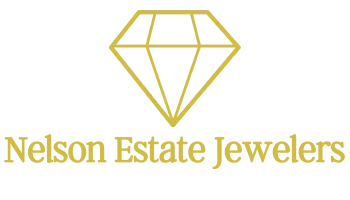
Certified Diamonds: How is it Done & Who Can Do it?
If you’re considering purchasing diamond jewelry as an investment, it’s essential to make sure you educate yourself before shopping around.
The goal is to buy a piece that is not only beautiful, but high quality as well.
Plus, you want to make sure you aren’t overpaying for your new piece otherwise your potential investment becomes a hole you can’t climb out of.
One of the best ways to avoid future disappointment is to educate yourself on the process of diamond certification.
Knowing how the certification process works and knowing which organizations are legitimate can help you carefully make important decisions on investment grade diamonds.
If you’re considering purchasing diamond jewelry as an investment, it’s essential to make sure you educate yourself before shopping around.
The goal is to buy a piece that is not only beautiful, but high quality as well.
Plus, you want to make sure you aren’t overpaying for your new piece otherwise your potential investment becomes a hole you can’t climb out of.
One of the best ways to avoid future disappointment is to educate yourself on the process of diamond certification.
Knowing how the certification process works and knowing which organizations are legitimate can help you carefully make important decisions on investment grade diamonds.
While there are quite a few organizations known to certify diamonds, there are three main ones that you’re more likely to come across or recognize.
GIA Certified Diamonds by Gemological Institute of America
The most sought-after certification comes from the Gemological Institute of America (GIA). GIA is known for setting many of the standards on diamonds, including the “4 C’s” (Cut, Clarity, Color, and Carat Weight), which is recognized as the most important features when it comes to a diamond purchase.
GIA is the most widely used organization by many reputable jewelers across the country for diamond certification, and it is also a not for profit organization.
AGS Certified Diamonds by The American Gemological Society
The American Gemological Society (AGS) is another highly respected organization and is known for its diamond color grade research.
You are less likely to find to find many large jewelers using AGS over GIA, but you can still be confident in a diamond certified by AGS.
EGL Certified Diamonds European Gemological Laboratory
The European Gemological Laboratory (EGL) is another organization you may come across, but most reputable jewelers tend to avoid this type of certification due to their pricing and grading.
Since EGL is a “for profit” organization the cost of grading is much higher compared to others. So, the same exact quality of a diamond graded by EGL will actually cost you more.
When it comes to grading, EGL tends to be more lenient, especially in certain parts of the world. So, your diamond could come back with a high grade through EGL but really be much lower on the scale.
This can hurt an investment when it’s time to sell if the diamond was originally purchased under EGL certification standards.
Who Can I Trust to Certify My Diamond?
When shopping around it’s recommended to look for a diamond that is already certified because the chances of you finding a diamond and then personally having it certified are low, and it’s also a hassle.
However, now that you know a bit about which diamond certifiers are reputable you can keep your eyes open and be sure that you’re getting the best quality diamond for the money you’re spending.
What Information Do I Get from the Certification?
Once you have made your choice of reputable certifying organizations it’s important to also understand the certification itself.
Here is what you need to know:
- Value is not determined by your certificate. If you would like to have a value associated then you would need to have an appraisal written.
- The 4C’s – Your certificate will tell you all the specifications of your diamond based on the 4Cs (carat weight, cut, color and clarity.
- Only a loose stone will be certified, so it must not be set in a piece of jewelry. Once the diamond is certified, then the certificate will still apply to the diamond itself should you choose to mount the diamond in a ring, pendant, earrings, etc.
- The stone will be laser engraved on the girdle with the certificate number so you can always be sure that the you have the correct certificate for your diamond. If for some reason the number is not engraved on the stone or you are unable to find it then you can have a trusted jeweler compare the stone details on the certificate with your diamond (It’s almost impossible for any two stones to be exactly alike).
It can be overwhelming purchasing a quality diamond, but as long as you have a little bit of knowledge before going shopping then at least you won’t be blindly jumping in headfirst.
A little education can help you make sure that you’re purchasing a beautiful diamond that could potentially become a great investment down the road.




